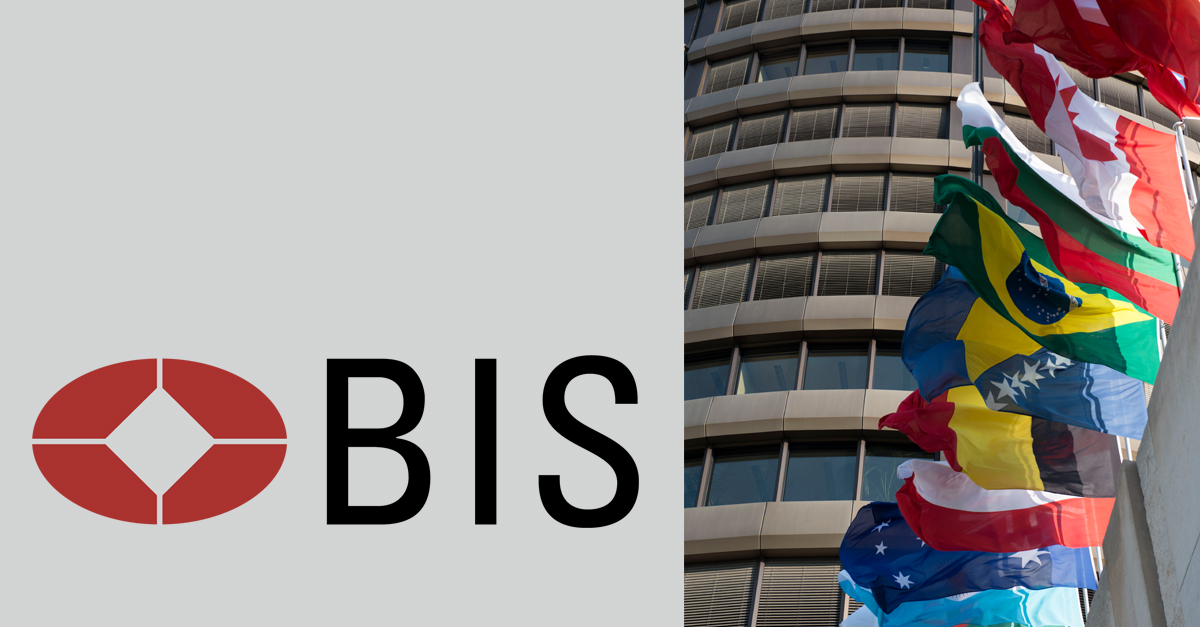- Messages
- 31,616
- Reaction score
- 5,423
- Points
- 288

Researchers Use AI to Decode the Secret Language of Dog Barks
A new study shows how AI models can be used to reveal information about dogs based on their barks.
 gizmodo.com
gizmodo.com















